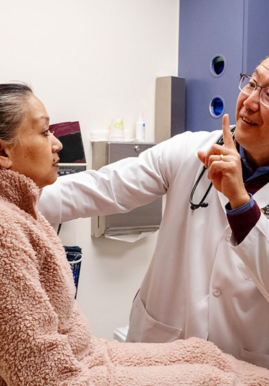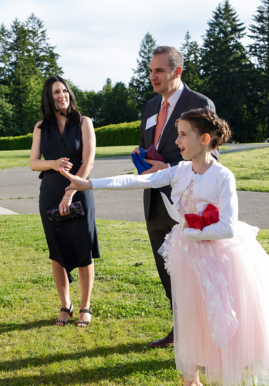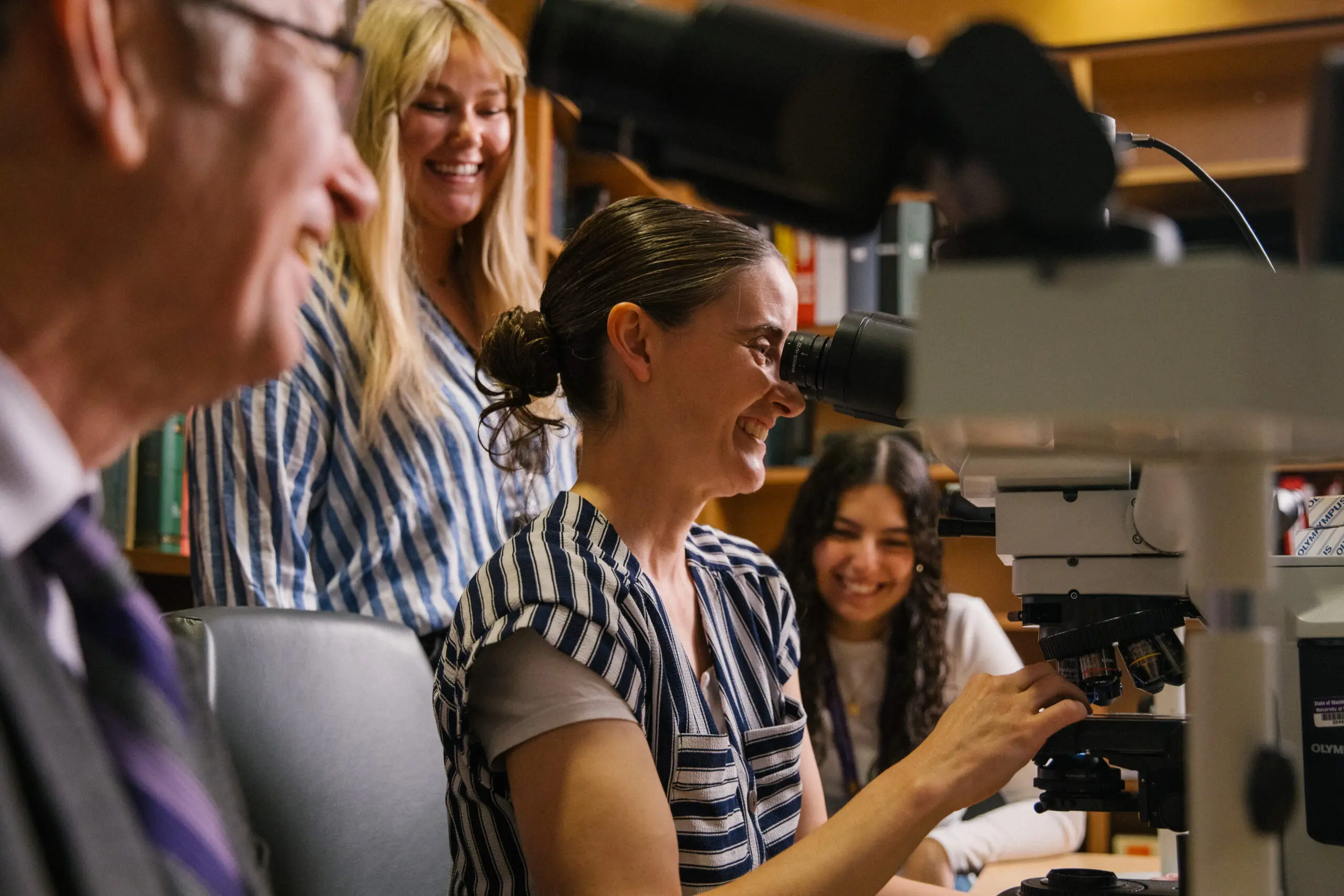Anyone living in a rural community knows that finding help for depression can be tough. Many counties in Washington state face mental-health workforce shortages, and the same is true for other rural areas throughout the United States.
Geographic and social isolation combined with poor access to mental health care has dire consequences for the region served by UW Medicine. Wyoming, Idaho, Alaska and Montana continually have the highest rates of suicide in the country. So when Partnership Health Center in Missoula, Mont., had the chance to expand the mental health care they could offer patients, they jumped at the chance.
“Some of our most successful stories are from older gentlemen who have very little support around their retirement,” said Charles “Chaz” Rourke, community health specialist at Partnership Health Center. “They think they have to white knuckle their way through depression, and just having people to talk to helps. After coming to Partnership and starting Collaborative Care, they see that life can be better.”
Collaborative Care is a specific model of integrated care developed at the University of Washington to increase access to mental health care. The goal is to bring effective treatment for common mental health conditions, like depression and anxiety, into primary-care settings instead of referring patients to specialty providers off-site.
The hallmark of Collaborative Care is a team of providers, including a psychiatrist or other mental health professional, who measure a patient’s progress and use evidence-based treatments until the patient is better. Because the psychiatrist confers with the team remotely, usually by telephone, Collaborative Care can leverage the limited number of mental health specialists who live in rural areas.
More than 80 research studies comparing Collaborative Care to usual mental health care show that Collaborative Care significantly improves patient outcomes and patient satisfaction while decreasing costs. In resource-strapped rural areas, this is good news.
Like most rural clinics, Partnership Health Center serves patients with difficult lives who are largely uninsured. It provides health care for the homeless shelter down the street, has a contract with the Montana Department of Corrections to serve people on parole, and is the center of care for a large population of people living with HIV. People hear about their sliding fee scale and drive from a long way to get care.
“We have patients who have a hard time advocating for themselves,” says Rourke. “We’re here for the people who can’t otherwise articulate their needs. We have their back.”
Partnership Health Center is one of eight rural, primary-care community clinics implementing Collaborative Care as part of a $2 million Social Innovation Fund grant from the John A. Hartford Foundation and the Corporation for National and Community Service.
Each of the eight clinics receive coaching from UW AIMS, an acronym for Advancing Integrated Mental Health Solutions, a center located in the Department of Psychiatry and Behavioral Sciences. The AIMS Center has worked with hundreds of organizations around the world to implement Collaborative Care programs. These efforts contribute to the Department’s reputation as a global leader in helping populations who otherwise would have limited access to effective mental health care.
For Partnership Health Center, Collaborative Care is making a big difference in the lives of the more than 700 patients enrolled in the program.
“Montana is unique in so many ways in terms of its level of desperation,” said Mary Jane Nealon, project lead of the Social Innovation Fund initiative at Partnership Health Center. “There’s a massive need here for mental health care. We’re hugely committed to Collaborative Care and the principle of measuring patient progress. It’s causing a ripple effect in our clinic and impacting our other behavioral health programs in positive ways we never would have expected.”





